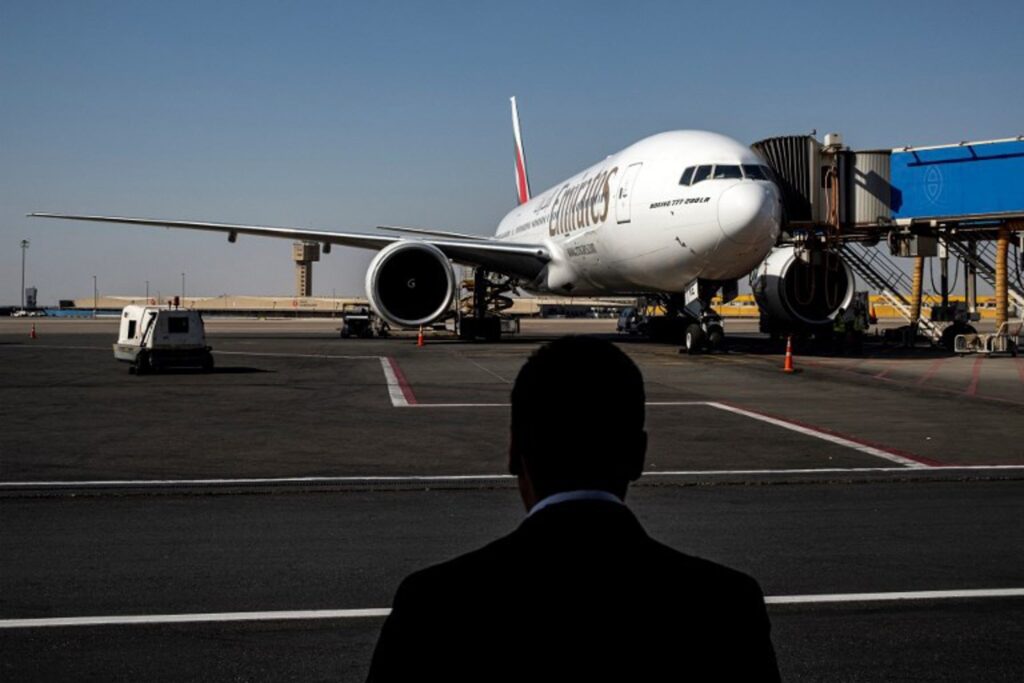The leading airline association has labelled the global goal of incorporating 5% non-fossil origin products into aviation fuel by 2030 as "extremely ambitious," instead emphasising its target of "net-zero emissions" by 2050.
Countries represented at the International Civil Aviation Organisation (ICAO) have agreed at the end of 2023 to cut aviation carbon emissions by 5% by 2030, through the use of sustainable aviation fuels (SAFs). The entire sector is targeting net-zero carbon dioxide emissions by 2050.
Regarding incorporating SAFs within the next six years, International Air Transport Association (IATA) Director-General Willie Walsh warned on Tuesday that "we aren't going to promise something that doesn’t seem realistic to us."
"We believe that 5% of SAF in 2030 is exceedingly ambitious. I think we will achieve it and even surpass it in some parts of the world," Walsh added during a press conference in Dubai, United Arab Emirates.
However, Walsh cautioned that when examining where SAFs are currently produced and where investments are being made, "it's clear that this target won't be achieved everywhere in the world." He cited South America as an example where no production projects are underway.
The aviation sector, which currently contributes approximately 3% of global carbon dioxide emissions, has pledged to stop contributing to global warming by 2050. It counts on SAFs accounting for 65% of its emissions reduction goal, with the remainder achieved through new technologies such as hydrogen airplanes, optimised ground and air operations, and carbon offsetting.

